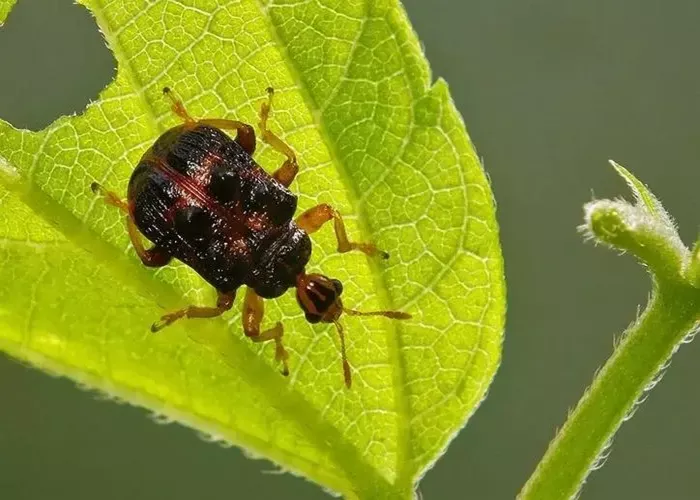A global study has revealed that the spread of non-native plants is driving the rise of invasive insect species, leading to significant environmental and economic harm.
According to the Swiss Federal Institute for Forest, Snow, and Landscape Research (WSL), plants are increasingly growing in regions where they do not naturally occur. This is largely due to human intervention, either through deliberate planting or accidental spread. This phenomenon is contributing to the growth of harmful, invasive insect populations that threaten biodiversity, ecosystems, and local economies.
The WSL pointed to the marmorated stink bug as an example of an invasive insect in Switzerland. This pest, which affects fruits and vegetables, is known for its unpleasant-smelling defense mechanism. In Switzerland, the stink bug finds ample food sources in plants such as the tree of heaven and summer lilac.
The study’s researchers warn that insect invasions are expected to increase, worsening the problem in the future.
To combat this, experts stress the importance of biosecurity measures, including regulations on plant imports and pesticide use. Additionally, the WSL urges garden owners to favor native plants over non-native species.
In line with these recommendations, Switzerland has recently implemented a sales ban on certain non-native plants, such as the Chinese windmill palm, also known as the “Ticino palm,” to curb the spread of invasive species.
Related topics:
- Warsaw Cub Scouts Team Up to Plant Trees and Beautify Local Park
- Plant Experts Reveal the Top 4 ‘Fast-Growing’ Plants, Including One That Sprouts New Leaves Every Week
- Ellsworth Wins Grants to Plant 150+ Trees in Urban Areas


